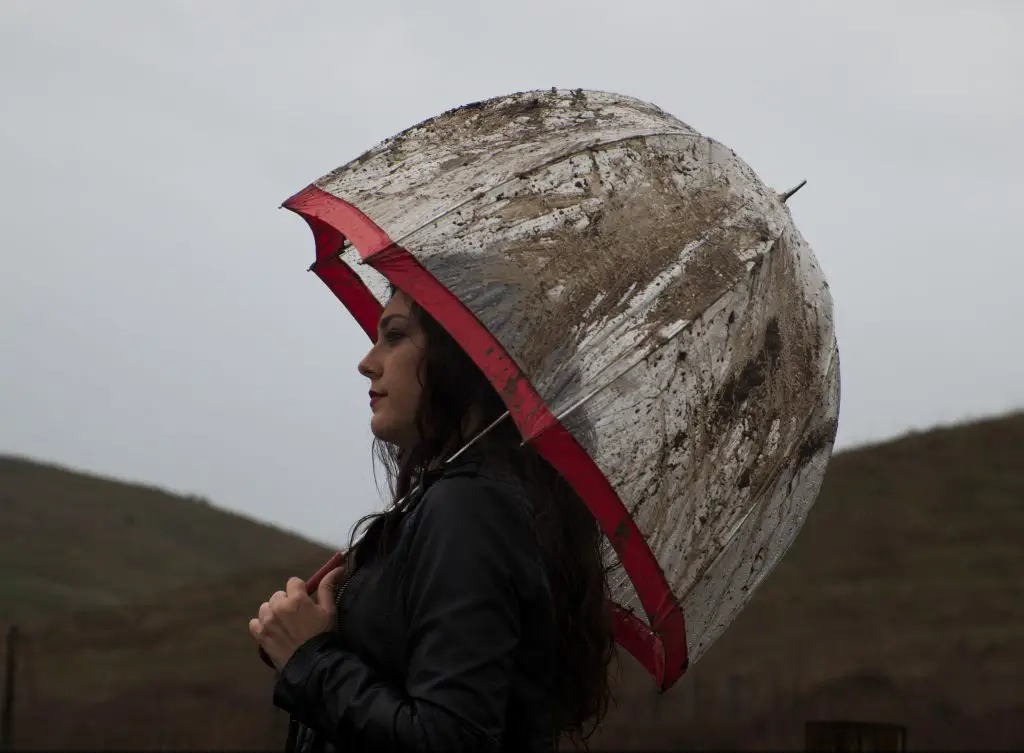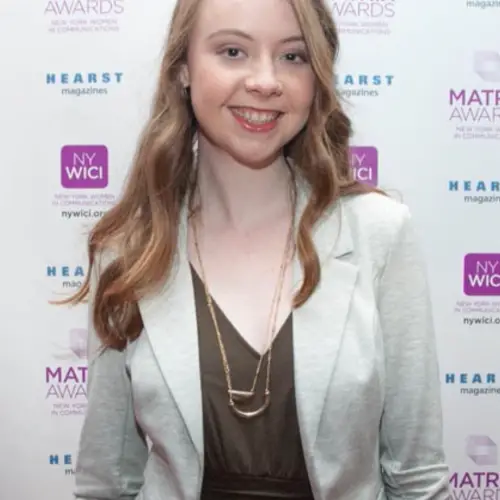In a lecture hall of about 400 students, Ariana Rowlands listens attentively to a classmate’s presentation about America’s inherently anti-black and anti-Muslim foreign policy. As the young woman on stage finishes her speech and her peers begin clapping, Rowlands’s hand rises quickly in the air.
When called on, Rowlands begins to question several of the statistics used in the presentation, and recognition begins to creep onto her classmate’s face.
Ariana Rowlands has made a name for herself on the University of California, Irvine, campus. Proudly boasting “Make America Great Again” apparel, she is the face of the largest college Republican federation in the country, the California College Republicans. Under her resolute leadership, the organization has metamorphosed into a force of nature.
She’s appeared on FOX News, ABC 7 and The Daily Ledger, and she’s contributed to Breitbart News. TIME Magazine even included her in a recent article entitled “‘The Most Hated Person on Campus’: Why Some College Republicans Are Channeling Donald Trump.”
Rowlands’s classmate, instead of addressing her question about the statistics, turned to the room and said, “That’s the president of the College Republicans and she likes Trump, so she’s automatically racist. And I’m not even going to answer anything that she’s going to say.” The proclamation was met with resounding applause.
In a collegiate culture that begs her to stay silent, Rowlands stands in brazen defiance. With unabashed candor and a signature fiery flare, she strives to provide conservative students across America with the courage to speak up. On her liberal campus, she’s a fish out of water, and the target of perpetual ridicule. But Ariana Rowlands frankly doesn’t give a damn.
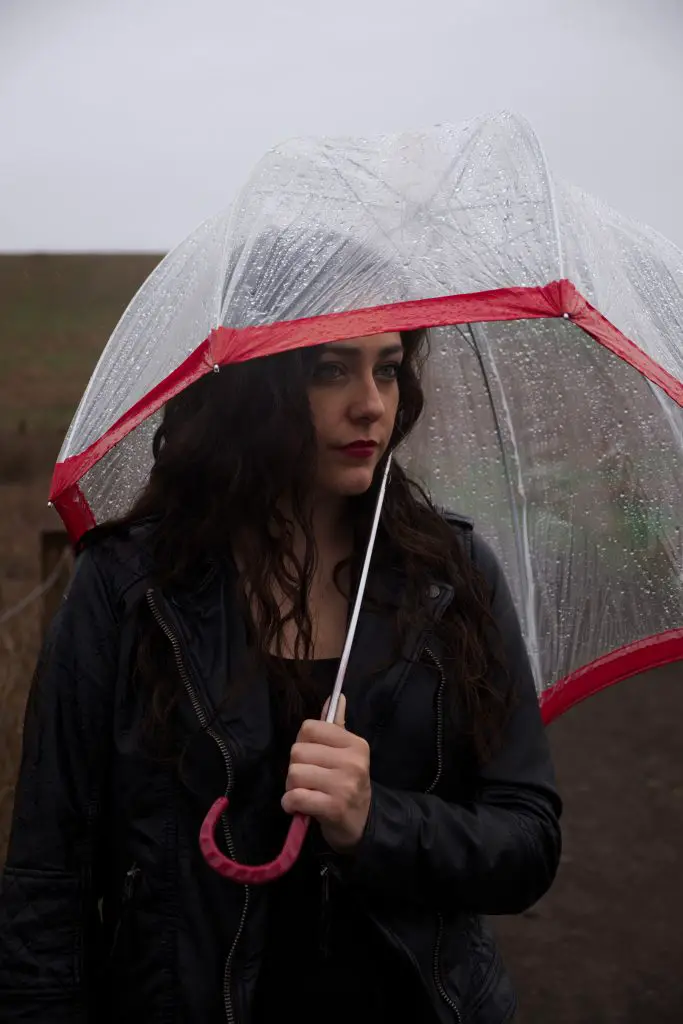
Sarah Lynch: What were the moments growing up when you felt a pull towards politics? How did you discover where you political preferences lied?
Ariana Rowlands: Growing up I was always somewhat interested in politics — Fox News was always on — but I wasn’t really an activist or anything like that until I went to college.
My first year in college I pretended to be more socially left because all of my friends were and if I said anything that was more socially conservative — what I actually believed — my friends would sort of put me down and say, “That’s a dumb idea” or “You’re dumb for believing it.” I didn’t want to lose my friends. What college kid sets out wanting to lose friends?
I finally got sick and tired of people disparaging me for espousing beliefs that I hold. They’re my beliefs. I should be allowed to have them, and they should like me for me.
So I eventually started speaking out more and speaking my mind, and two college Republicans invited me to attend [the California College Republicans] meeting and this rest is history. I was president of the chapter by the next quarter and then in the next year I was state chair.
SL: What specifically drew you to become such an avid supporter of President Trump? Had you ever thrown your support behind another candidate like this, or was this the first time you’d been galvanized behind one specific candidate?
AR: Initially in the primary season, when I was first starting to get involved with politics, I supported Marco Rubio until Marco Rubio dropped out. I sort of had to readjust my whole view on everything because at that point I had trusted the media. I grew up trusting the media just like most people did, and I believed what they were saying.
I just sort of read the headlines and I didn’t really look into matters by myself. I took as truth what the media was telling with me and then I really realized that all this time I’d believed lies about Trump. It was spinning of the story.
One of the reasons I got involved with politics in the first place was because I really despised that the left was twisting the truth and lying to people. So when I saw that the media was twisting Trump’s words or Trump’s actions into something that it wasn’t because it fit their agenda, that made me really angry.
I also agreed with a lot of Trump’s points when I actually saw what he was really saying and not what other people said he was saying.
SL: What you wanted to bring to the role of chairwoman for the California College Republicans?
AR: The militant left here really forces a lot of people to be put into the position where they want to get involved because they’re tired. They’re sick and tired of their professors, their peers, their administration breathing down their neck or telling them that they’re racist or they’re sexist or homophobic or whatever when they’re not.
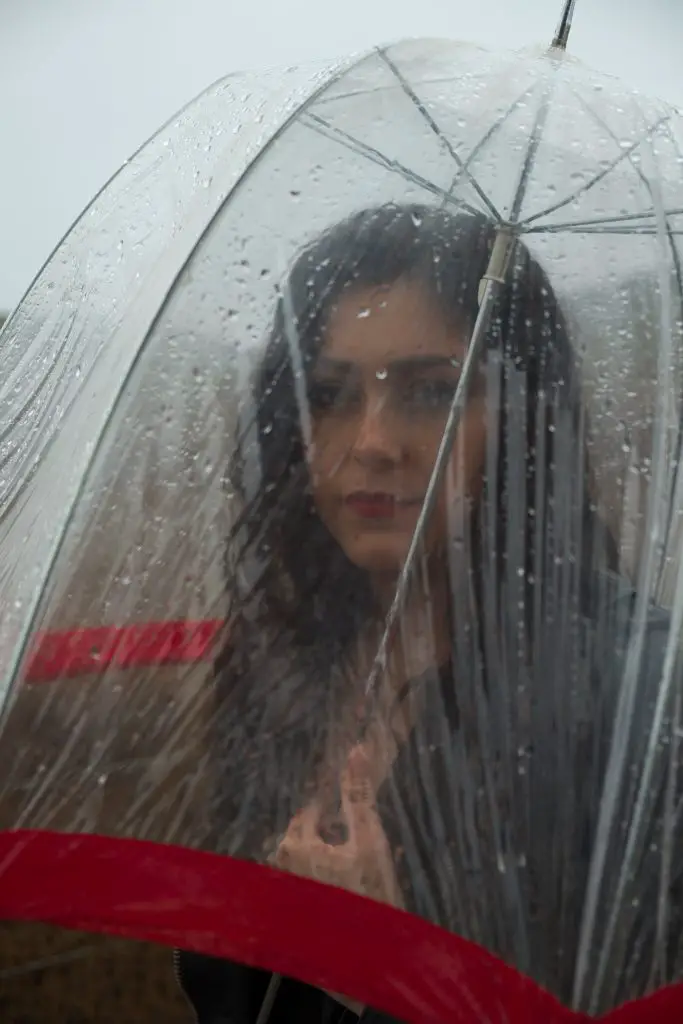
Previously the California College Republicans (CCR), before I took over, took a really laid-back approach. They wanted to hold hands and sing kumbaya with Democrats and far leftists and were trying to pander to them. My experience, and a lot of others’ experiences in the California College Republicans, is that these far-left Democrats will never like you.
No matter what you do or what you say or how many times you compromise your principles, there is an “R” next to your name and it means Republican and therefore you are evil. It’s really like that. That’s not an exaggeration, for California at least.
If we want people to join our cause, we need to advocate for the principles that we stand for and not compromise them so that we can get along with people. If we want people to believe in something, we need to believe in it ourselves.
That was the main point that I ran on. We’ve adopted that model now and we are openly and aggressively promoting conservatism, and as a result we have more people involved than ever before.
It took nine days for our ticket sales for our upcoming convention in the beginning of April to exceed the number of attendees that have ever attended any other CCR convention. We’re going to have the biggest convention ever.
SL: In your opinion, what have been the positive results of your work as chairwoman?
AR: It’s been about five months, and in those five months we are in the process of, or have already, restarted or started 11 new chapters. And that number is growing all the time.
There are a couple of chapters that have expressed interest that they want to start up again, so we’re going to help them. We’re doing great with our fundraising and our presence, whether it be a social presence or a political presence.
SL: What have been the greatest challenges you’ve faced in the position?
AR: This may sound a little bit depressing, but being in college politics is a lot like being in the “Lord of the Flies.” It may sound a bit exaggerated to some people, but there’s a lot of backstabbing going on and it’s really upsetting to see.
I’m always an advocate for not behaving that way, for behaving morally and ethically and for staying true to your word. I’d say that’s one of the challenges: just people being people, though that really hasn’t hindered any of the progress of the state board.
SL: What is the political cause closest to your heart? How have you tackled it in your community and specifically as chairwoman?
AR: Free speech. Free speech is the number-one issue that any California College Republican can agree upon, because everybody has different opinions on things. There could be some pro-life people and there could be some pro-choice people. That’s fine, but everybody agrees that free speech is an issue.
The reason for that is because if you’re a Republican on a college campus, you’re not allowed to have an opinion, and if you start talking about it then people are going to shout at you, yell at you, call you names. The leftist indoctrination is real here. All of our professors preach liberal-skewed content as truth, without providing another side of the story.
For example, my UCI College Republican chapter invited Milo Yiannopoulos twice and before the second time, the administration banned my club for a year because they didn’t want him to come back.
There are many cases of similar things, a lot with security fees where somebody’s trying to bring Ben Shapiro or some other speaker to their campus and the administration would be like, “Sorry, we’re going to put a $17,000 security fee on you because I know you’re not doing anything that’s dangerous, but there may be protesters, so we’re going to charge you for that.”
It’s really a suppression of conservative ideas on campus.
SL: You were in college during the 2016 election. How was political division prevalent on your campus?
AR: There were a lot of protests about Trump. I remember the day after he won it was raining and there were about 40 kids outside blocking this path just screaming and yelling and complaining. I thought it was hilarious.
There are a bunch of other leftist-skewed groups, like the Students for Justice in Palestine, who will erect walls on campus and paint on them and basically say Jewish people are people who commit genocide. They’ll talk about how Israel doesn’t exist and the Jews are oppressive and I really think that’s offensive to anybody because it’s not true. There’s a lot of political division.
A lot of people are really apathetic, but the people who aren’t are firmly on one side, and I would say that on college campuses the majority of people are firmly on the left. You have this little silent group of conservatives or right-leaning thinkers who don’t want to admit it and don’t want to say anything.
So it’s really my job to get those people involved and to let them know that there’s a team behind them and they can say whatever they want to say.
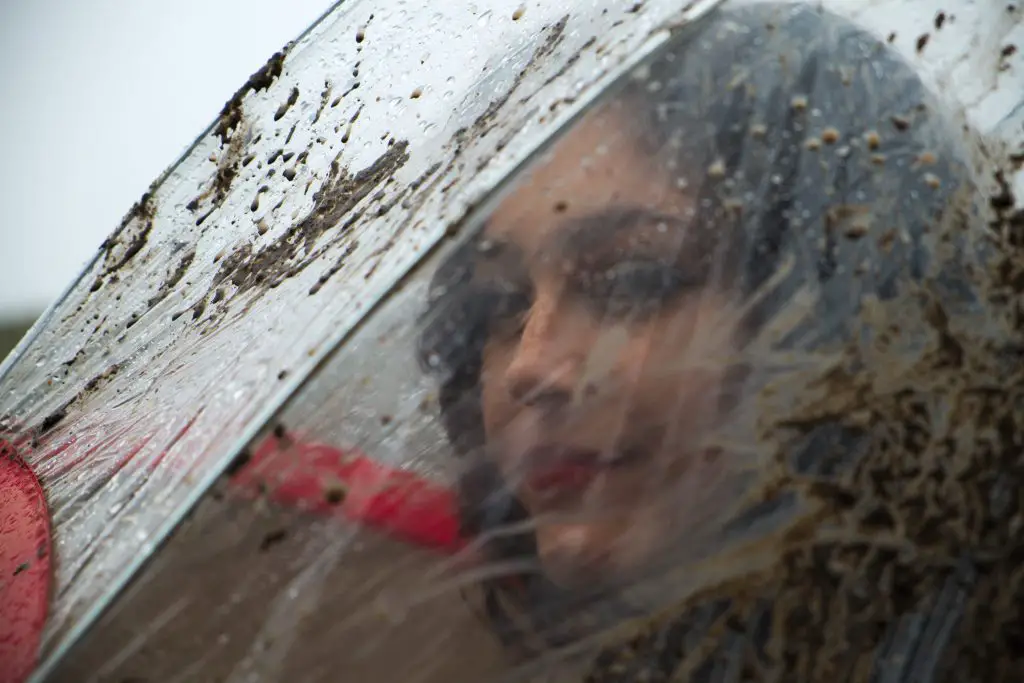
SL: From your perspective, do you feel Trump’s election silenced conservative students or opened a door for them to be more vocal, or both?
AR: Trump’s election opened a door because he says a lot of things that are considered politically incorrect, and on a college campus, even your most average conservative view is considered taboo. It’s politically incorrect to say anything with a conservative skew.
Trump saying all of the things that he says and then getting away with it and coming out on top after everything really inspires people to say their beliefs, because they know if he can do it so can they.
SL: You’ve made your views very public, and undoubtedly made some enemies. How do you feel about the negative comments you’ve seen or heard? Do they deter you, or do they fuel you?
AR: I actually find them quite amusing. The best sort of answer is success, and all of the losers and haters out there get so angry when they see us being successful. I plan on continuing to be successful, so they don’t really detract from what I’m trying to do. They don’t really have anything better to do with their lives but complain.
SL: You are the daughter of immigrants, from Mexico and from Wales, and you have actively endorsed the building of a wall on the Mexican-U.S. border. How has your identity as a first–generation American influenced your views on immigration, or has it?
AR: My mom is the biggest Trump supporter that I know, and my dad is a very big Trump supporter as well. My mom came across legally. She did everything the proper way, and I think that a lot of legal immigrants really harbor some sort of distaste for the people who come over illegally, who skip all of the money and the time and the waiting and do things the wrong way.
I have a lot of respect for people who do things the right way and who come to our country wanting to create a better life for themselves and for their community. I have no respect whatsoever for people who violate the laws of our country and then leach off the system, and take and don’t give back.
I think people have to follow the law. We’re a country of laws, and, as Trump says, if we don’t have a wall, we don’t have a country.
SL: As a senior in your spring semester, what are your plans for the near future and where do you hope your career takes you?
AR: I definitely want to stay involved in politics. It’s something that I love a lot. I love to do it, despite the times when it can get stressful. I plan to help the party as much as I can in the future.
SL: What legacy do you hope you’ve left as chairwoman, in your college community and in the larger community?
AR: I hope that I leave a legacy of change: a change from something that was inefficient to something that’s efficient. A change from something that was broken to something that’s prospering. A change of direction.
Before, the college Republicans in California were floundering and now they’re very successful and they’re on the right track. I would hope to see, after I’m gone, that they continue on that track and they become the most influential youth conservative organization in the country. And they’re already very close.
SL: What message would you give to conservative students across America?
AR: Stand up for what you believe in. Never apologize for what you believe in. Continue fighting even when it seems like nobody supports you because there are a ton of people who do and a ton of people who think that standing up for what you believe in, even in the face of adversity, is noble and brave.


